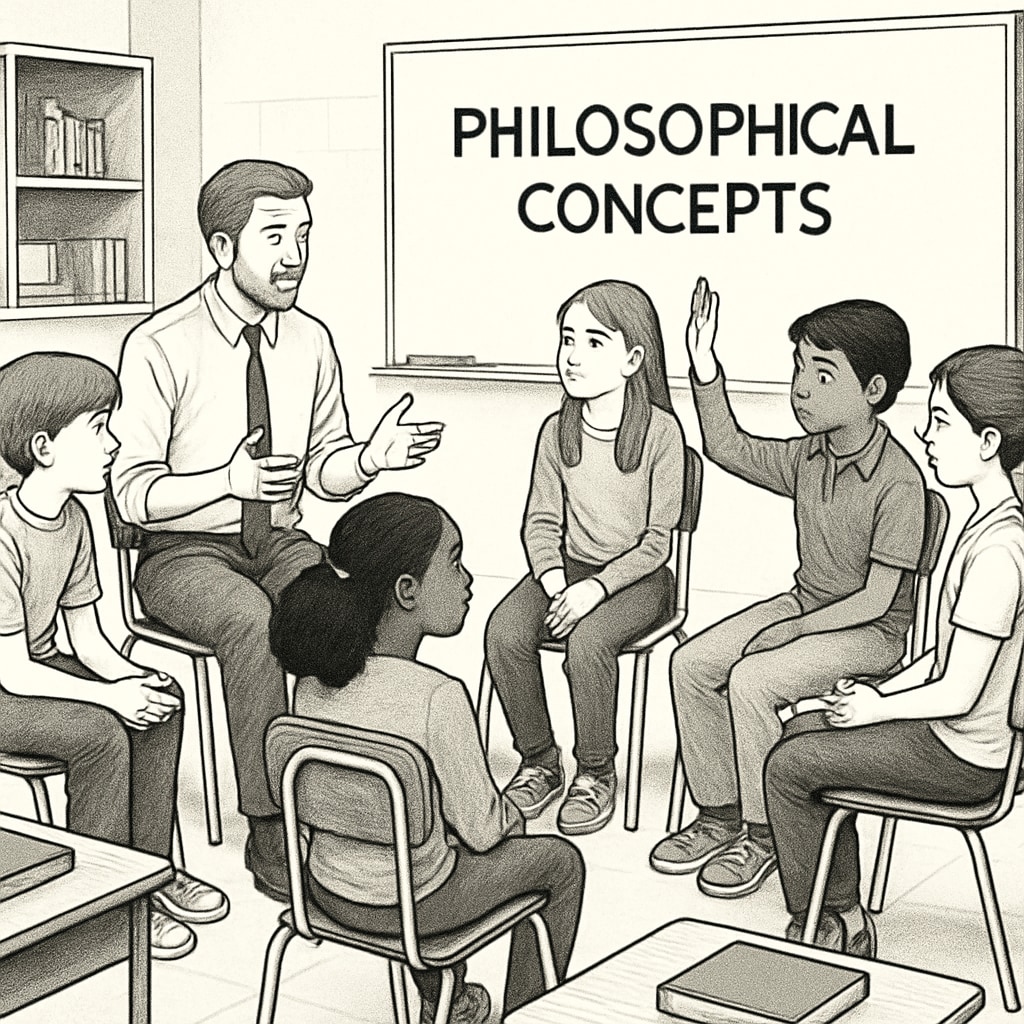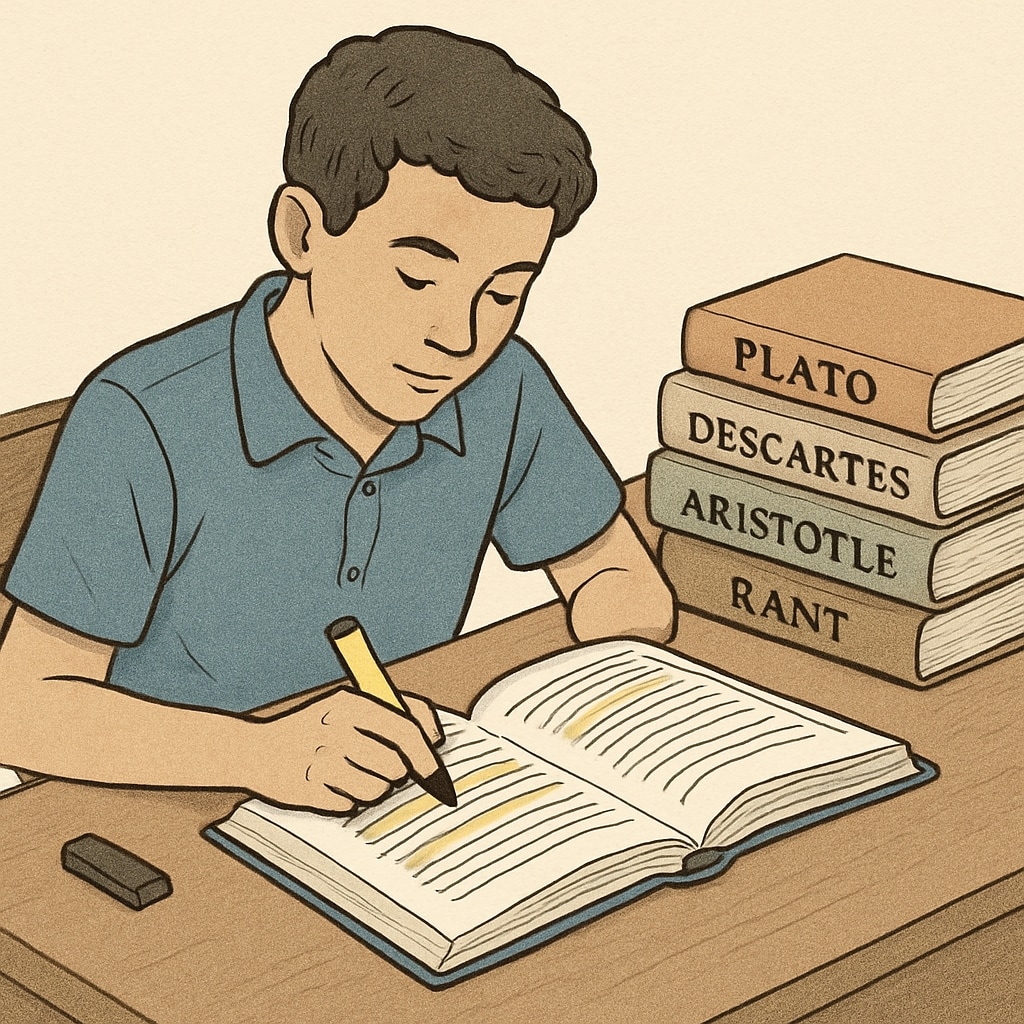Psychology and philosophy offer fascinating perspectives on human behavior and thought, making them ideal for inspiring K12 students to engage in interest-based learning. Introducing these fields through creative activities, curated reading lists, and practical projects can help students expand their intellectual horizons while developing critical thinking skills. This article will explore effective ways to introduce psychology and philosophy to young learners, fostering a lifelong passion for knowledge.
Why Psychology and Philosophy Belong in K12 Education
Psychology (the study of the mind and behavior) and philosophy (the study of fundamental questions about existence, knowledge, and ethics) are often considered advanced subjects. However, they hold immense value for K12 students. These disciplines encourage curiosity, analytical thinking, and empathy—skills that benefit all areas of academic and personal growth.
For example, psychology helps students understand emotions and relationships, while philosophy teaches them to question assumptions and explore abstract concepts. Together, these fields nurture a balanced, thoughtful approach to problem-solving and decision-making.

Engaging Activities to Spark Interest
One of the most effective ways to introduce psychology and philosophy to K12 students is through interactive activities. These hands-on exercises make abstract concepts tangible and relatable, ensuring students remain engaged while learning.
- Role-Playing Scenarios: Have students act out ethical dilemmas or psychological case studies to understand perspectives and consequences.
- Debate Clubs: Organize debates on philosophical topics like “What is happiness?” or “Is free will real?” to encourage critical thinking.
- Psychology Experiments: Simple experiments, such as exploring memory techniques or understanding visual illusions, can make psychological principles exciting.
Such activities not only spark curiosity but also create memorable learning experiences that students can connect with their own lives.
Curated Reading Lists: Opening New Worlds
Books and articles are powerful tools for introducing students to psychology and philosophy. A thoughtfully curated reading list can provide accessible yet stimulating material for young learners.
For psychology, consider books like The Psychology Book by DK, which offers an illustrated overview of key concepts. For philosophy, Sophie’s World by Jostein Gaarder provides an engaging introduction to philosophical thought through storytelling.
Educators can also include beginner-friendly articles from trusted sources like Psychology on Britannica or Philosophy on Wikipedia to supplement classroom discussions. By combining books and articles, students can explore both broad ideas and detailed concepts at their own pace.

Hands-On Projects for Deeper Understanding
Practical projects allow students to apply what they’ve learned in meaningful ways. These projects can bridge theory and practice, providing opportunities for creativity and collaboration.
- Creating Mind Maps: Encourage students to design visual diagrams linking philosophical ideas or psychological theories.
- Conducting Surveys: Students can explore psychological topics like attitudes or habits by designing and analyzing surveys among peers.
- Building Ethical Frameworks: Invite students to create their own ethical guidelines based on philosophical principles, then discuss their reasoning.
These projects not only deepen understanding but also allow students to see the real-world applications of psychology and philosophy.
Conclusion: Lifelong Benefits of Early Exposure
Introducing psychology and philosophy to K12 students can have profound benefits, from enhancing critical thinking to fostering empathy and curiosity. By offering engaging activities, curated reading lists, and hands-on projects, educators can ignite a passion for these fields that lasts a lifetime.
When students are encouraged to explore psychology and philosophy, they gain tools to navigate the complexities of life with thoughtfulness and insight. As a result, they grow not only as learners but also as compassionate and capable individuals.
Readability guidance: Short paragraphs, active voice, and clear transitions make the content accessible. Lists and interactive examples ensure engagement while reinforcing key points.


